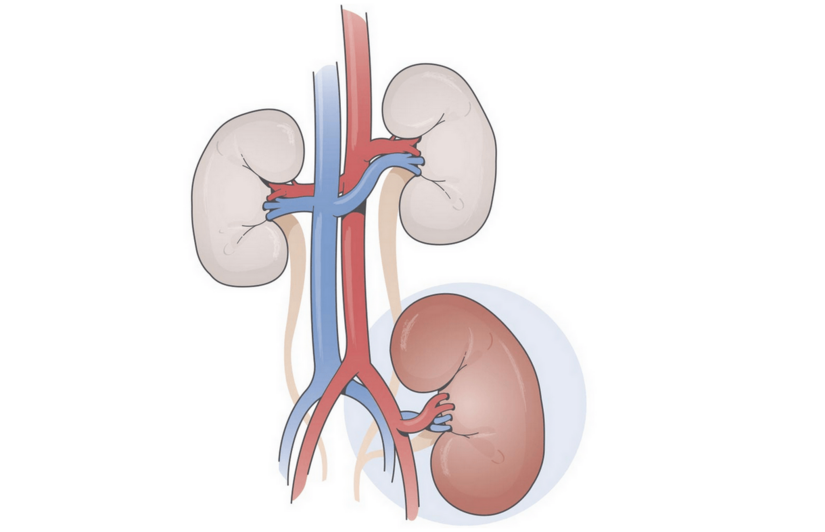The basic function of the kidneys and symptoms of kidney disease.
I have kidney disease
A chronic kidney disease diagnosis
Diagnosis of chronic kidney disease
Your general practitioner or a medical specialist, the nephrologist, will carry out various tests to determine whether you have chronic kidney disease. Blood will be drawn so that the nephrologist can check certain laboratory values. In addition, a urine test is usually carried out. This examines which substances are excreted into the urine and the level of excretion.
Protein in the urine
The question of whether there is protein (albumin, a certain protein) in the urine plays a crucial role. If there is an increased amount of albumin in the urine (also referrred to as proteinuria or albuminuria), this could indicate that the kidneys’ filtering function has deteriorated.
Mental health
We appreciate that you may have a lot of concerns and thoughts in your head.

What is an Adverse Event (AE)
Any untoward medical occurrence in a patient or clinical trial subject administered a medicinal product and which does not necessarily have a causal relationship with this treatment [Dir 2001/20/EC Art 2(m)].
An adverse event can therefore be any unfavourable and unintended sign (e.g. an abnormal laboratory finding), symptom, or disease temporarily associated with the use of a medicinal product, whether or not considered related to the medicinal product (Annex 4 Guideline on good pharmacovigilance practices (GVP) Rev 4).
Reporting Side Effects
If you get any side effects, talk to your Doctor, Pharmacist or Nurse. This includes any possible side effects not listed in the package leaflet. You can also report side effects directly via the Yellow Card Scheme at www.mhra.gov.uk/yellowcard.
By reporting side effects, you can help provide more information on the safety of this medicine.
Report an Adverse Event
Adverse events should be reported. Reporting forms and information can be found at www.mhra.gov.uk/yellowcard. Adverse events should also be reported to Fresenius Medical Care on 01623 445 215 and via medinfo-uk@freseniusmedicalcare.com
Medical Information
Call 01623 445 100 (please choose option 5). Opening times are Monday - Friday 9am - 5pm.
UK/HEMA/FME/0922/0002 – Date of Preparation September 2022.
Related content









